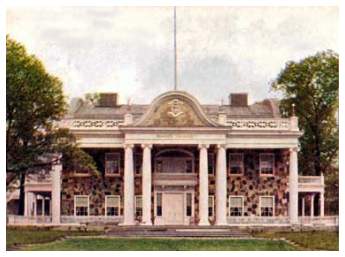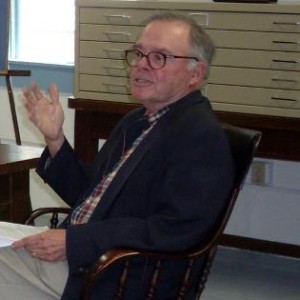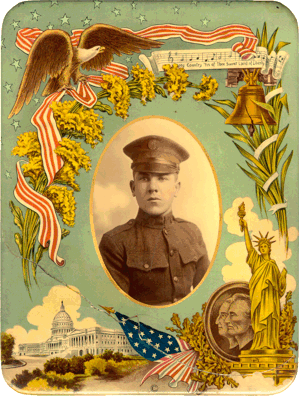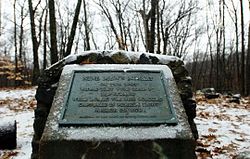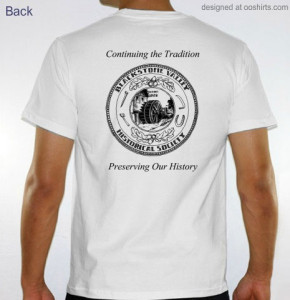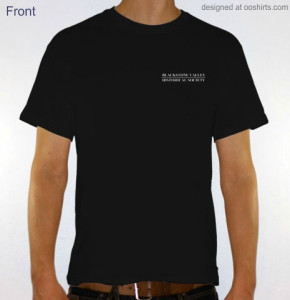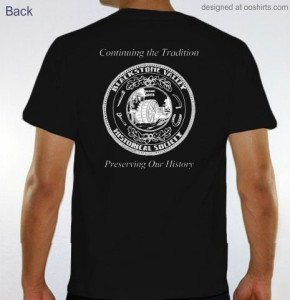Hearthside House Museum presents:
Tribute to 1904 World’s Fair at St. Louis
Special Exhibit & Celebration
July 13, 2014, 10:00 a.m. to 6:00 p.m.
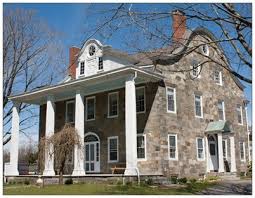 Lincoln, RI—On Sunday, July 13th the Hearthside House Museum is proud to celebrate an important event in our nation’s history—the 1904 World’s Fair held in St. Louis. In a tribute to this grand Fair, Hearthside will sponsor a special exhibition and outdoor festival providing visitors with an understanding of the “Greatest World’s Fair ever”, featuring the important role of Rhode Island.
Lincoln, RI—On Sunday, July 13th the Hearthside House Museum is proud to celebrate an important event in our nation’s history—the 1904 World’s Fair held in St. Louis. In a tribute to this grand Fair, Hearthside will sponsor a special exhibition and outdoor festival providing visitors with an understanding of the “Greatest World’s Fair ever”, featuring the important role of Rhode Island.
During the 1904 World’s Fair, fifty-three nations came together showcasing the world’s innovations and diverse cultures. The festive atmosphere was non-stop. There were carnival type attractions found along the mile-long “Pike,” where one could get a “bird’s eye view” of the Fair from atop the world’s largest Ferris wheel.
On July 13th, the grounds surrounding Hearthside will be filled with the festive sights and sounds that were found along “The Pike,” with turn-of-the-century fashions worn by Hearthside’s volunteer staff, lively ragtime and marching music, and old-fashioned games of skill and chance, and other amusements. The foods made popular at the Fair, such as hot dogs, cotton candy, iced tea, and ice cream cones will also be featured, all adding to a festive summertime outing and giving visitors a taste of what fairgoers experienced.
The 1904 World’s Fair, a centennial celebration of the Louisiana Purchase Exposition, was held over a period of just 7 months, and by the end of it, over 20 million people had experienced history’s greatest international exhibition. Throughout the Fair, Rhode Island had a prominent role.
Rhode Island’s pavilion, which represented all that was great about the state, was a reproduction of Stephen Hopkins Smith’s mansion in Lincoln, now known as Hearthside. The design, selected after a competitive process among the state’s architects, was a re-creation of the colonial-style mansion. Its design was meticulous, from the ogee gable to the fabrication of the field stone look used in the outer walls. Design elements for the interior were taken from other Rhode Island homes and buildings.
All of the Fair’s 1,500 buildings were built as temporary structures and then demolished upon completion of the Fair. However, some were saved, having been purchased at the end of the Fair and re-purposed. The Rhode Island Pavilion was one such building. It was moved to another part of St. Louis, and the building became a residence. Sadly though, the architectural details which made it so special were removed.
During the July 13th event, an extensive exhibit will be on display throughout the rooms at Hearthside, which will include photographic displays, interpretive panels, video presentation, and memorabilia, much of it donated to Hearthside by the Murch family who lived in the relocated Rhode Island model in St. Louis in the years following the Fair. The feature of the exhibit will be a custom-built, operating tabletop model of the gigantic Ferris Wheel. Tours throughout Hearthside will be available throughout the day as well.
The Fair embodied the interests and aspirations of a nation at the turn of the century. We celebrated America’s achievements in science, agriculture, technology, and art, with 43 states exhibiting their finest in magnificent pavilions and gigantic ornate palaces which stretched the lengths of several football fields.
In 1904, Rhode Island was a national leader and deemed a “center of productive industry. There were 4,600 active manufacturing establishments, and were growing at such a rapid rate, that it exceeded the rate of percentage of the population. Local companies such as Brown & Sharpe, Gorham, and U.S. Rubber were among those featured at the Fair.
On July 13th, Hearthside hopes to inspire Rhode Islanders to have pride in their state once again with this look back in history and to what was probably our state’s proudest moment. Some statewide organizations that are focused on highlighting the successes of our state have been invited to participate as well as several local companies whose history go back to that time period.
The event gets underway at 10:00 a.m. and will run till 6:00 p.m. Admission is $10/adults; $8/seniors; $5/ages 10-17; under 10 free. Fair foods will be available for purchase.
Hearthside House Museum is located at 677 Great Road in Lincoln. For more information, call 401-726-0597, email kathartley@cox.net, or visit www.hearthsidehouse.org.
Built in 1810 by Stephen Hopkins Smith with winnings from a lottery, Hearthside is listed on the National Register of Historic Places. It remained a private home for nearly 200 years before being purchased by the Town of Lincoln. A nonprofit volunteer organization, the Friends of Hearthside, have transformed it into a house museum and serve as its stewards. Funds raised from tours and special events help to support its continued preservation.
The World’s Fair 1904 program is made possible in part by a grant from the Rhode Island Council for the Humanities
Image: The Rhode Island Pavilion at the 1904 Wor’ld’s Fair, also known as the Louisiana Purchase Exposition. http://webpages.charter.net/mtruax/1904wf/WF_States.htm
